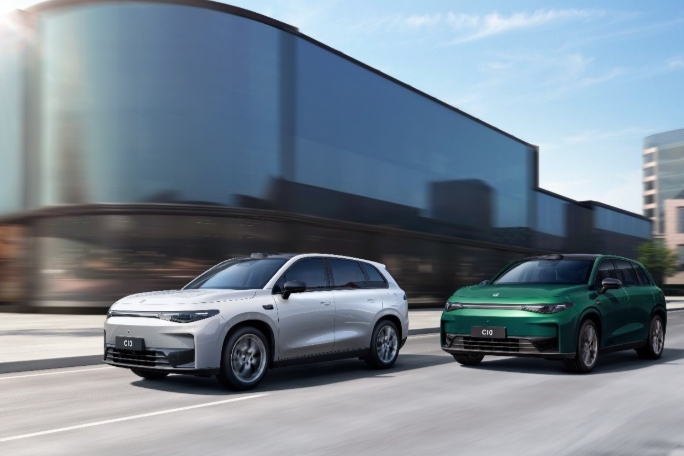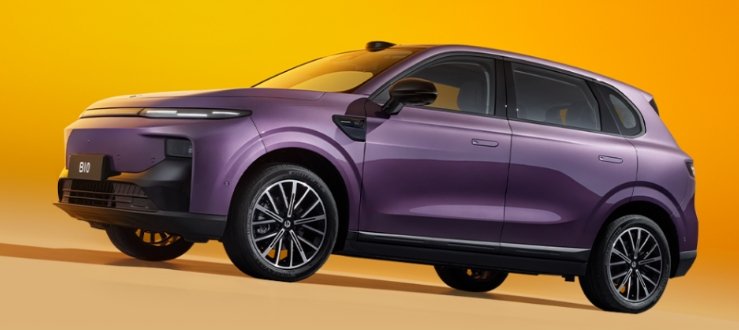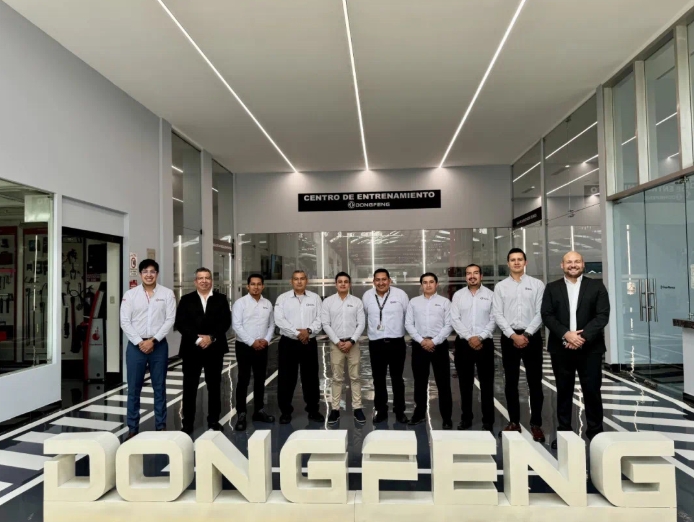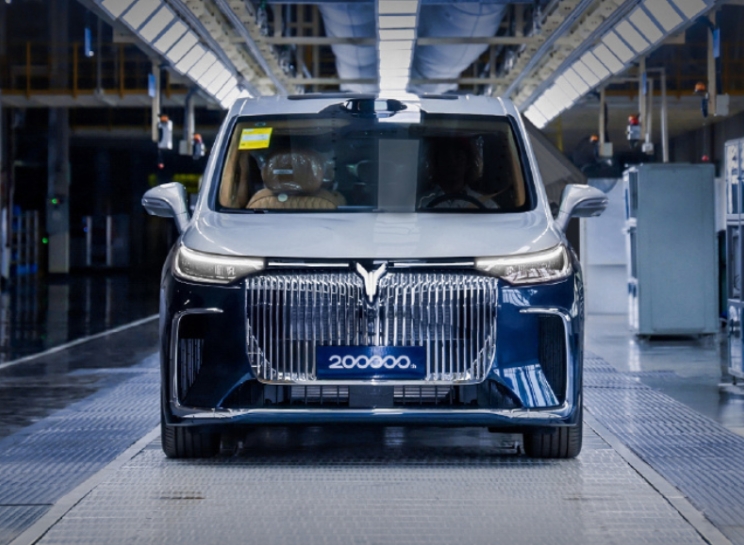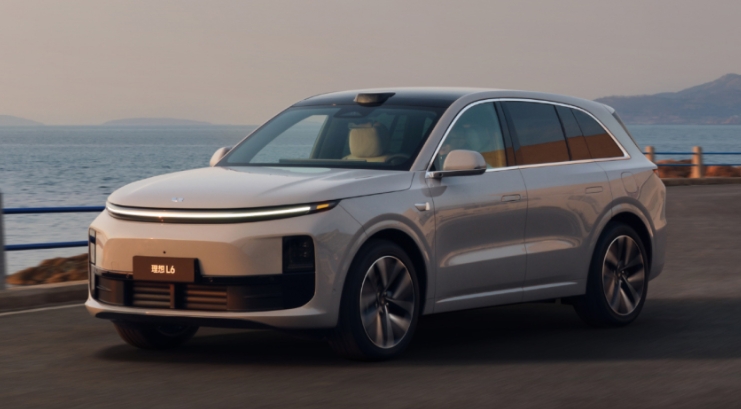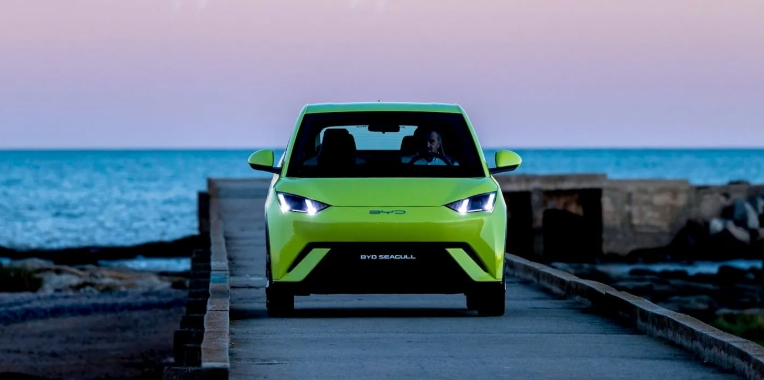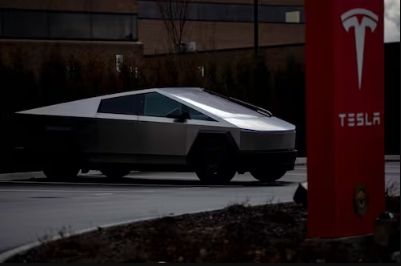As electric vehicles start to make their presence known in the Australian market, concerns are being raised about the fairness of pricing structures used for charging electric vehicles (EVs) at DC fast charging sites.
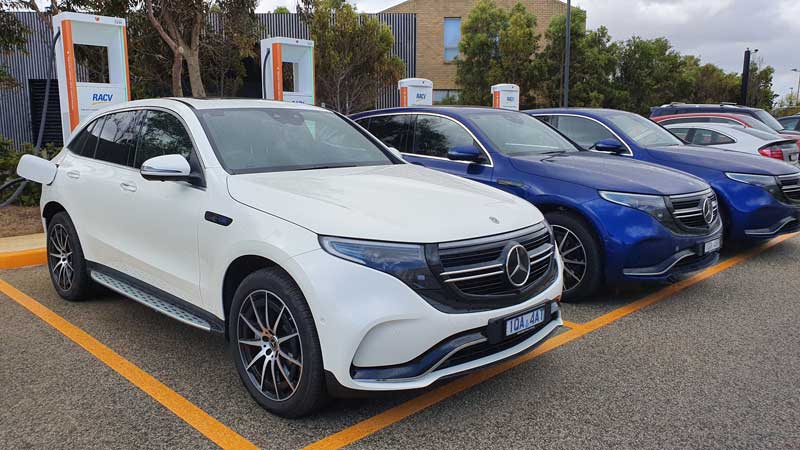 Credit: Bridie Schmidt
Credit: Bridie Schmidt EV fast charging sites in Australia are most often charged at a per kilowatt hour rate (much like petrol and diesel are charged per litre) but a recent change in pricing structure to include time-based charges with provider Evie Networks saw drivers voice concerns about the fairness of the change on social media as well as within our own comments section.
Concerns include fairness around resulting pricing for owners with EVs that slower rates, and the possibility of pricing ending up costing more than petrol and diesel – factors which have raised similar outcry in established EV markets Norway and California that Australia perhaps could learn from.
Australia may well still be a fledgling market when it comes to the transition to electric cars, but a growing interest in electric cars has now increased the national fleet by 60% in 2019 alone to almost 9,000 vehicles.
There are no signs of this slowing down, either. With the rest of the Australian auto market suffering a 21 month decline in petrol and diesel vehicle sales, anecdotal evidence and market research suggest that with more new electric models about to become available in Australia, drivers are waiting to replace their old gas-guzzlers.
Of course, for EVs to become a viable, mainstream alternative to gas-guzzling internal combustion engine (ICE) vehicles, adequate DC charging infrastructure to complement home and destination AC charging for times when a quick range boost is needed whether it be getting around town or out on the open road is imperative.
The roll out of electric vehicle fast charging infrastructure took off in 2019, with the numbers doubling from 2018, from a handful of providers including Chargefox, Yurika (which installed the Queensland Electric Super Highway, or QESH), the RAC Electric Highway, NRMA and Evie Networks, all of which offer public DC fast charging at rates of between either 50kW or 350kW.
Then there is also Tesla, which is the most widespread of DC fast charging networks across Australia to date but of course is only available to owners of Tesla vehicles.
With so many different operators come different pricing structures, which unlike at petrol stations are not advertised for all to see, this can cause some confusion, and also raises the issue of what is fair when it comes to pricing structures for EV charging.
(Neither is it always clear for uninitiated drivers of electric vehicles, who may be new owners or hiring an EV for the first time, which charging sites offer DC fast charging or the slower AC destination charging (and many offer both). To clarify, this article deals primarily with DC fast (50kW-150kW) and ultra-rapid (150kW-350kW) chargers.)
While some operators are offering introductory free charging (NRMA and some Chargefox sites for example), the main pricing structure in Australia is per kilowatt-hour. Evie Networks, alone, has recently introduced a time-based rate also. While the QESH network is currently free, on January 28 it will be priced at a rate of 20c/kWh.
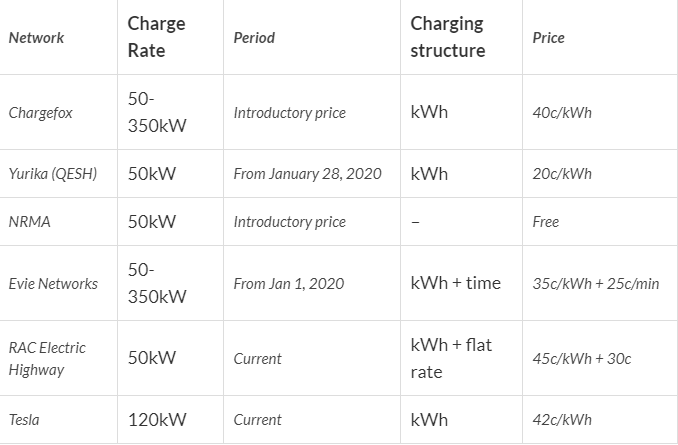
As noted on The Driven on Monday, pricing changes in Europe have resulted in EV charging becoming more expensive than petrol and diesel in Norway. And now concerns are being raised – on social media and in comments on The Driven – about the fairness of time-based charging.
Pricing per kilowatt-hour means that everyone, no matter the age or model of the electric car they own, pays the same rate.
If your vehicle has a 50kWh battery, it will cost $20.00 on a Chargefox unit, or $10.00 on the QESH if you were to charge it from 0-100% (just as an example – ideally you would be “topping up” to 80% from a minimum 20% state of charge).
But with time-based charging, such as introduced by Evie Networks, you would pay a maximum of $17.50 with a 50kWh battery PLUS 25c for every minute your car is plugged in whether it is charging or not.
There are two issues with this: one, that EVs can only charge as fast as the rectifier built into them that limits the charge rate (typically older EVs).
The second issue is that the speed at which an EV can charge is also dependent on the temperature of the battery. Only some EVs come with battery pre-conditioning functions, that can raise or lower the battery to its ideal temperature on the way to a charging station to ensure an optimum charge rate.
On the other hand, an argument in favour of time-based charging is that it might serve to discourage drivers from staying in a charge spot until the battery is completely full.
While this is not advisable anyway (it shortens the life of the battery), it also means staying in a charge spot for much longer as the charge rate for a li-ion battery drops off rapidly as it nears 70-80% state of charge.
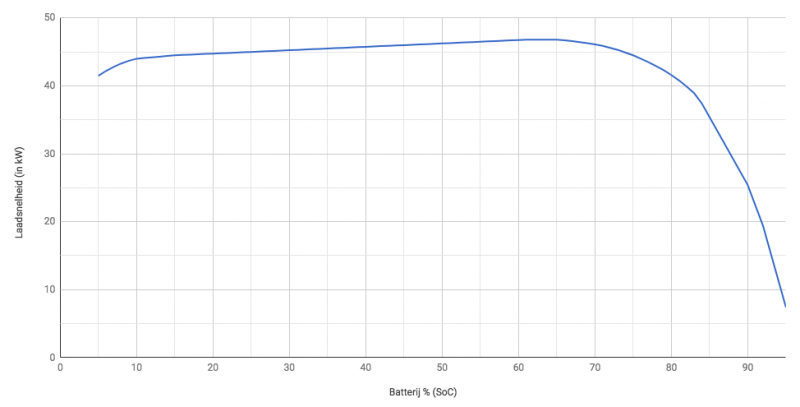 Influence of battery % on charge speed. Source: Fastned
Influence of battery % on charge speed. Source: Fastned Time-based charging effectively makes charging cheaper for owners of electric vehicles with higher maximum charge rates, and disadvantages those with smaller batteries (particularly PHEVs) who may need to recharge their battery to a higher percentage than others.
As faster maximum charging rates for vehicles generally goes hand in hand with more expensive, newer, electric vehicles, this means those with larger pockets get the advantage of lower pricing to recharge at time-based DC fast chargers.
It should be noted that at time of writing, the Coochin Creek charger launched by St Baker-backed Evie Networks in November 2019 is the only such station to charge in this way. It also has a lower kWh rate than other providers (excluding the QESH).
But can it last? In California – a leading market for electric vehicles with around 50% of all EVs registered in the US – regulators have approved banning time-based charging for Level 2 AC chargers from 2021 and DC fast chargers from 2023.
Charged EVs in an article on the matter cites “sticker shock” as a reason behind the ban, and Electrek notes that EVgo’s time-based rate can mean a per km cost in an EV can cost more than driving an equivalent hybrid Prius.
In Australia, if we were to compare an electric Hyundai Ioniq (priced at $48,990) which uses 13kWh/100km to a petrol Hyundai Accent (priced at $14,990) which uses 6 litres/100km, the Ioniq using per kWh charging would cost $5.20 (based on 40c/kWh) to drive 100km whereas the Accent (based on $1.50/litre for petrol) costs $9.00.
Notwithstanding the fact that the 38.3kWh 2020 Ioniq charges slower than the 2019 model, using Evie Network’s kWH + time-based rate would cost $4.55 (13kWh x 40.35) + $4.50 (approx 18 min x $0.25), bringing an estimated total charging cost for 100km to $9.05.
Although Australia’s electric car market looks set to rapidly increase over the next few years, it would be a shame to see drivers discouraged by higher recharge rates than petrol equivalents, particularly when the upfront purchase amount is still so much more.
